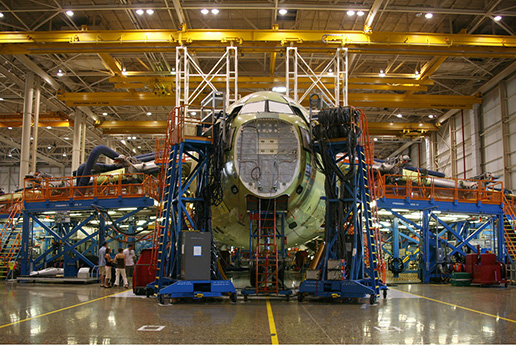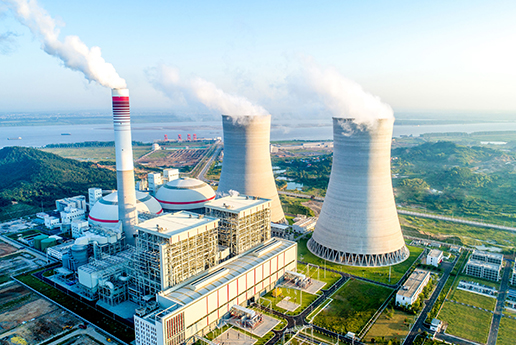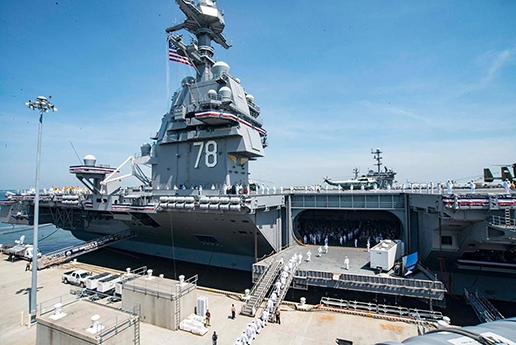Friction Stir Welding
PAR Systems friction stir welding uses the the most advanced technology on the market. FSW outperforms other welds, is highly customizable and saves time and labor.
At PAR, we thrive on complex problems and excel at execution.
Is Friction Stir Welding Right for Your Application?
Friction stir welding is a solid-state joining process that uses a rotating, non-consumable tool to generate frictional heat to join materials. FSW works with both ferrous and non-ferrous metals, including aluminum.
When compared to conventional arc welding, FSW technology reduces energy consumption during welding by as much as 70%¹
FSW is an optimal choice when you want to weld lightweight alloys, minimize distortion or want an automated process that improves efficiency. Aerospace, marine and nuclear industries in particular benefit from friction stir welding.
You can save significant capital investment by using PAR’s proof of concept process to determine application feasibility for FSW. If you’re interested in exploring feasibility for your project, use the contact form below to get in touch.
PAR Friction Stir Welding
PAR uses the most advanced FSW technology on the market and has proven experience designing complex, customizable friction stir welding solutions built to suit any application—including large clamping jigs and complex geometries.
Superior Welds
- Welds dissimilar materials, alloys and aluminum
- Stronger joints than other welds
- No filler materials or foreign object debris
- Exceptional mechanical design, electrical controls and CNC
Custom Solutions
- Tailored specifically to the application
- Easily follows complex curvatures
- High degree of accuracy = more control
Increased Efficiency
- Saves time, labor, cost and energy
- Automated, repeatable process
- Real-time quality monitoring
Connect with an
FSW Expert
FSW for Aluminum and Non-Ferrous Metals
Friction stir welding is superior to conventional welding methods in part because it works with previously “un-weldable” alloys, including aluminum. Not only does FSW weld these non-ferrous metals, it actually produces stronger joints and metals have improved tensile strength compared to fusion welding. FSW also welds in a single pass and minimizes distortion.


